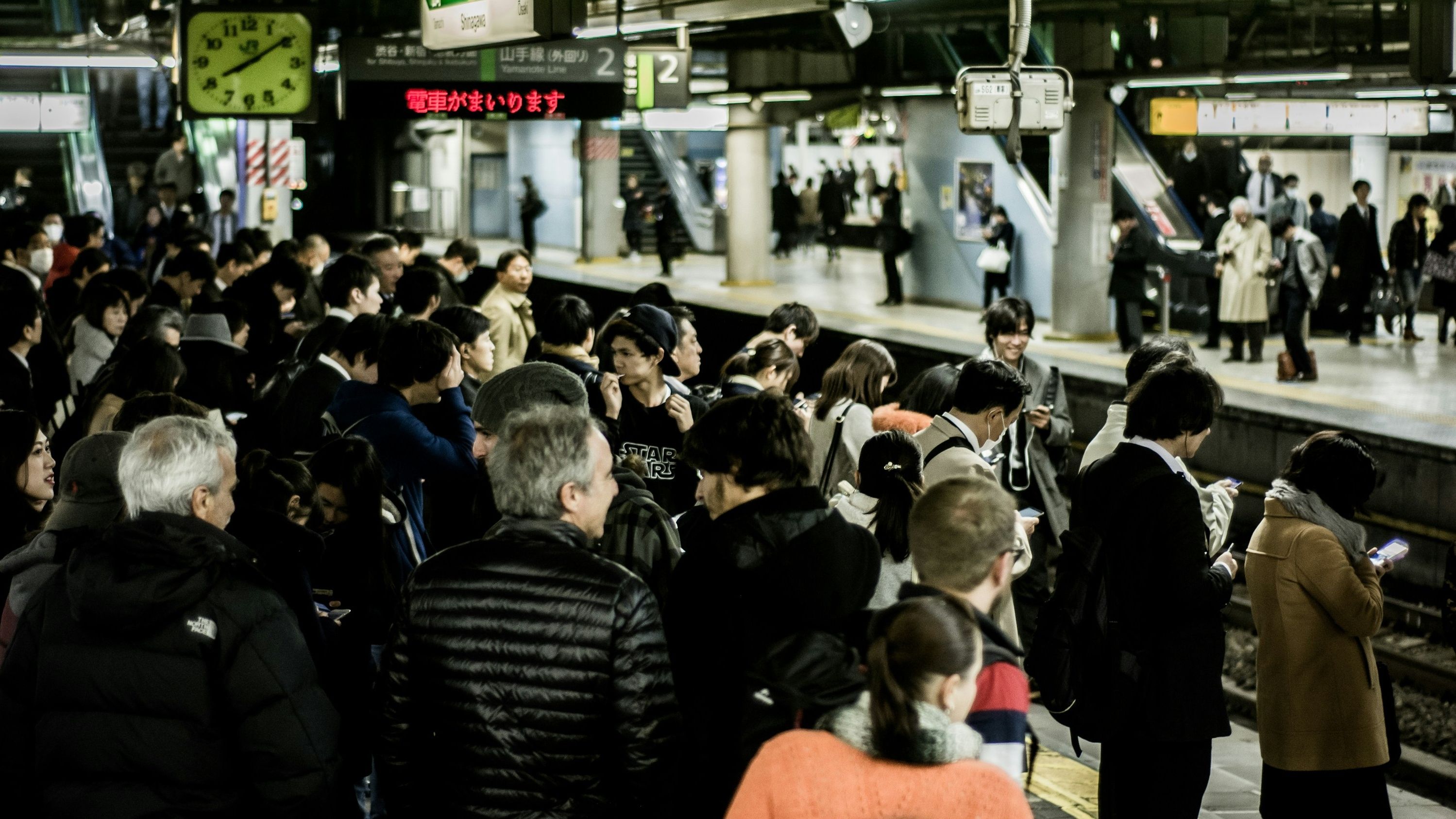Japan is best known for its capital, Tokyo, the world’s largest city by population with over 37 million residents. Beyond the capital, tourists travel all over the country to view its cherry blossoms during the spring months, as well as explore Japan’s fall foliage and other adventures in the autumn. Food lovers also flock to Fukuoka, the ramen capital of Japan, for a taste of the best ramen they’ve ever had.
Although Japan has always been a popular spot for travelers, tourism has increased exponentially in recent years. In fact, the country has become popular among students and backpackers, thanks to Japan’s abundance of affordable destinations for solo travelers on a budget.
While the country is praised for being safe and easy to navigate alone, it’s also known for having cool and unusual hotels that don’t break the bank, particularly in Tokyo. However, some strange accommodations in Japan hit the headlines more than others, like the tiny capsule hotels, also known as pot hotels. But it gets even odder than that.
Among the most unusual hotels in Japan was one that cost just $1 per night. However, a very weird catch made travelers think twice before booking it.

Related
Japan Is Offering Free Flights To Tourists (So, What’s The Catch?)
Japan Airlines offers free domestic flights for international tourists, but there’s a condition you can’t ignore. Is the offer worth it?
This $1 Hotel In Japan Livestreamed Guests’ Stays
The hotel’s manager wanted to attract new customers in a unique way
In Fukuoka, Japan, a small hotel called Asahi Ryokan decided to offer rooms for just ¥100 or about $1 per night. But there was a weird catch. Guests who took advantage of the extremely low rate had to agree to be live-streamed in their rooms on YouTube during their stay.
Tetsuya Inoue came up with the idea while looking for unique ways to attract new customers after taking over the hotel from his grandmother.
“This is a very old ryokan, and I was looking into a new business model. Our hotel is on the cheaper side, so we need some added value, something special that everyone will talk about,” Inoue told CNN Travel.
Inoue’s idea to implement a $1 rate is part of a larger strategy to grow the hotel’s YouTube channel, monetize it through ads, and create another stream of income to help support the business instead of relying on bookings alone.

Related
The World’s First Robot Hotel Fired Half Its Staff For Bizarre Reason—& Now Hires Humans Instead
This Japanese hotel was the first to implement robot staff…until things started going wrong.
What The Camera Captured In Japan’s $1 Hotel
Guests had to abide by a list of dos and don’ts during their stay
Although the idea of being live-streamed during a hotel stay might be nerve-wracking, Inoue set clear boundaries to protect guests as much as possible. For example, the camera only recorded video. Conversations, phone calls, and other sounds remained private throughout the stay.
Guests also had control over their room functions. They could turn the lights on and off anytime, and the bathroom was outside the camera’s view. The hotel also set a few important safety rules for guests to follow.
Asahi Ryokan Guest Rules
Do not engage in lewd behavior.
Do not show personal items like passports and credit cards on camera.

Related
The World’s Busiest Train Station Is In Japan
The world’s busiest train station services more than three million travelers each day.
Why Travelers Stayed In This $1 Hotel In Japan
Despite the rooms having little privacy, travelers still chose to book
Understandably, some guests would be more open to the idea than others, but Inoue believed that younger travelers looking for a unique hotel experience were more likely to embrace the $1 experience.
“Young people nowadays don’t care much about [privacy]. Some of them say it’s OK to be [watched] for just one day,” said Inoue.
A Guest Shared Their Experience Staying In The Hotel
In a Reddit post, one traveler shared their personal experience at the $1 hotel, explaining they were a “low-budget traveler” on a working holiday visa when they came across the deal in a news article.
“Through the website SoraNews24, I [learned] about a very low-cost hotel room. The room is offered at a really low rate, and in return, a live stream runs on YouTube. They do a different [live stream] for each guest. The rules stipulate no nudity or lewdness, and you must spend 3 hours a day in the room outside of sleep time to give people something to watch.”
They described the stay as no-frills and noted that the hotel marketed itself as a “business ryokan,” a traditional Japanese accommodation with communal baths, tatami rooms, and futons.
“What I’ve noticed so far: It’s a real budget hotel. It calls itself a “business ryokan,” but it’s essentially just a hotel that uses futons. The room is not en-suite. You have to go down the hall to use the plumbing.”
When asked how they felt about being on camera, the guest said they preferred being live-streamed to sharing a room in a hostel.
“I don’t mind it at all. I slept so well last night compared to being in a shared hostel room with some [guy] barging [in] at 2 am. My main issue is that the room is a bit too dark, and the feed looks [bad] at the moment because of it. I’m trying to do some painting, and the colours are hard to see too.”

Related
Florida’s Fairy-Tale “Pink Palace” Hides A Chilling Secret
The “Pink Palace” is one of Florida’s most popular destinations with a secret that goes beyond the grave.
Although it appears Asahi Ryokan closed in 2021 after the COVID-19 pandemic, many travelers found the deal to be a worthwhile way to experience something unique and explore Japan on a budget.


AloJapan.com